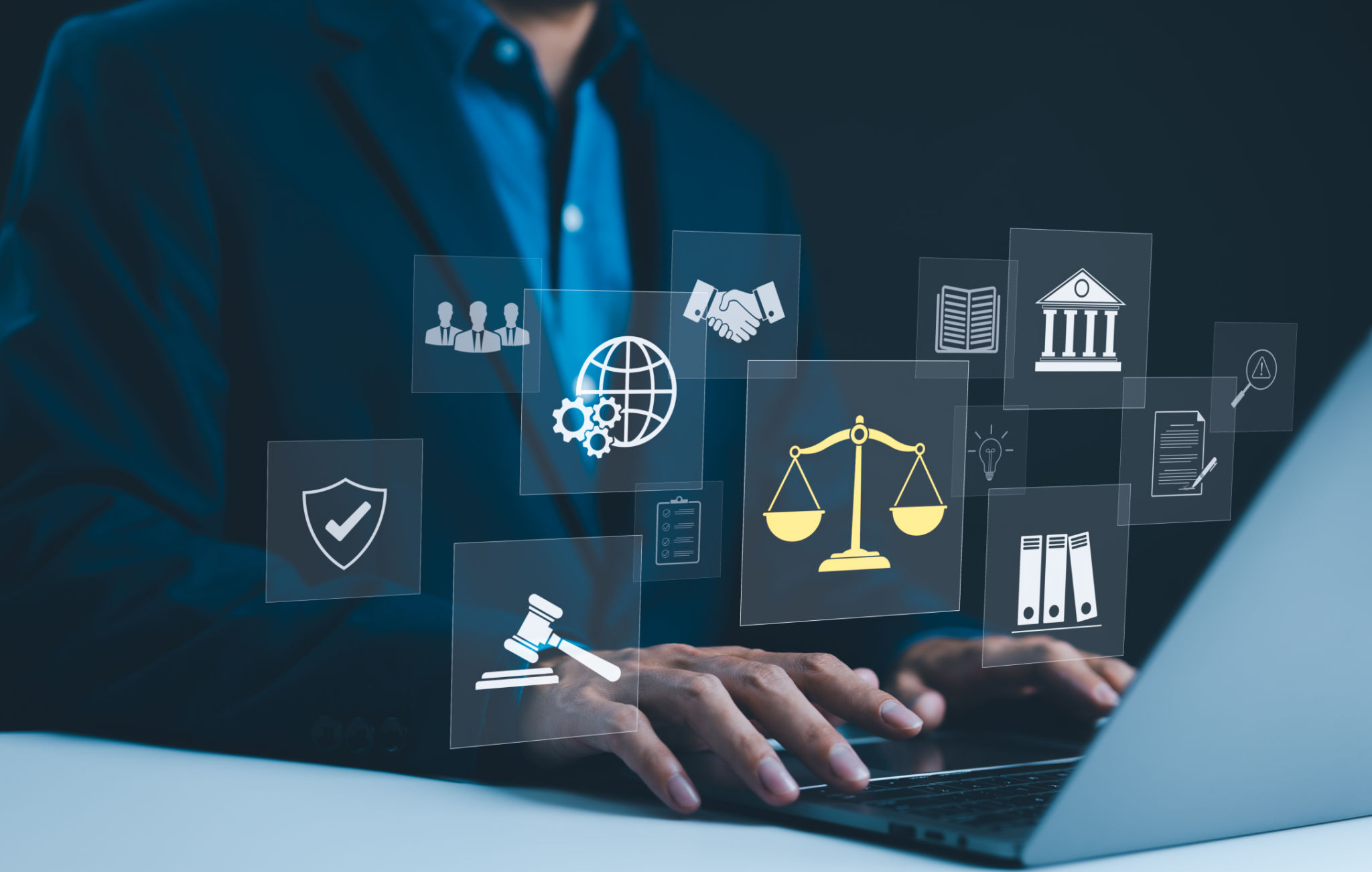The Role of Technology in Modern Court Reporting: A Look into DC, MD, and VA
The Evolution of Court Reporting
In recent years, the field of court reporting has undergone significant changes, primarily driven by technological advancements. In regions like Washington, D.C., Maryland, and Virginia, the integration of technology into court reporting has not only streamlined processes but also enhanced the accuracy and efficiency of legal proceedings.

Traditionally, court reporting relied heavily on stenographers using shorthand machines to transcribe spoken words into text. However, with the advent of digital tools, the role of court reporters is evolving. Digital recording devices, real-time transcription software, and voice recognition technologies are becoming increasingly common in courtrooms across the tri-state area.
Benefits of Technology in Court Reporting
The incorporation of technology in court reporting offers numerous benefits. One of the most important is the improvement in accuracy. Voice recognition software, for instance, can significantly reduce human error in transcription. Additionally, digital recordings provide a reliable backup that can be referenced at any time.
Another advantage is the enhancement of efficiency. Real-time transcription allows for immediate access to transcripts, which can be crucial during trials and hearings. This immediacy aids legal professionals in making swift and informed decisions.

Technology Adoption in DC, MD, and VA
The adoption of these technologies varies across different jurisdictions. In Washington, D.C., for example, there has been a concerted effort to integrate digital tools into the courtroom, with many courtrooms now equipped with advanced audio and video recording equipment.
Similarly, Maryland has embraced technological advancements by implementing electronic filing systems and digital case management solutions. These innovations have not only streamlined workflow but also increased transparency within the judicial system.

Challenges and Considerations
Despite the clear benefits, there are challenges associated with the integration of technology in court reporting. One major concern is data security. Ensuring that sensitive legal information is protected from unauthorized access is paramount. Additionally, there is a need for continuous training for court reporters to keep pace with rapidly evolving technologies.
Cost is another factor to consider. Upgrading courtroom technology requires significant financial investment. However, many jurisdictions in Virginia are finding that the long-term benefits, such as reduced labor costs and improved case processing times, justify the initial expenditure.
The Future of Court Reporting
The future of court reporting in DC, MD, and VA looks promising as more courts begin to recognize the value of technology. The ongoing development of artificial intelligence and machine learning holds the potential to further revolutionize the industry.

Ultimately, the integration of technology in court reporting is not about replacing human expertise but rather augmenting it. By harnessing the power of modern tools, court reporters can provide more comprehensive and reliable services, ensuring justice is served efficiently and accurately.